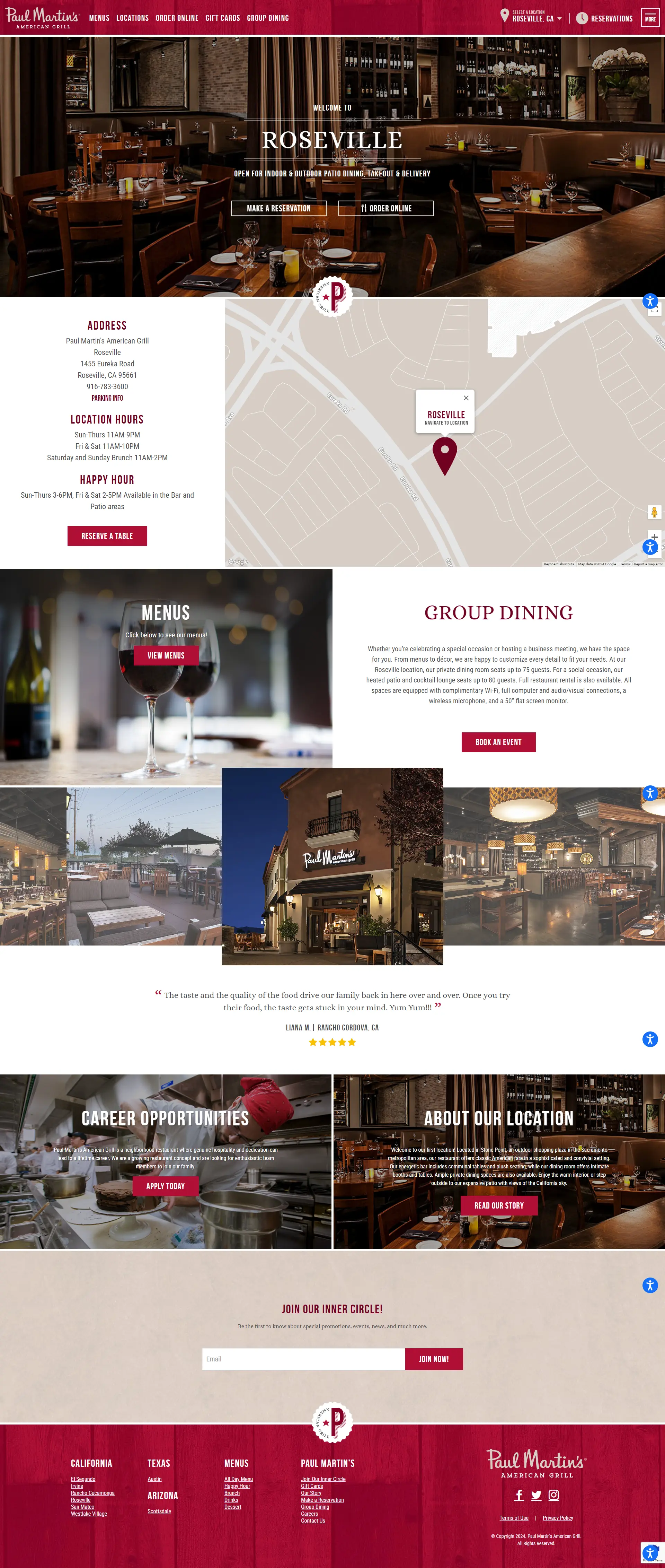Cloud CRM Pros & Cons
In today’s digital age, cloud computing has revolutionized the way businesses operate, and Customer Relationship Management (CRM) is no exception. Cloud-based CRMs offer a range of benefits over traditional on-premise solutions, making them an attractive option for businesses of all sizes.
Let’s explore some of the key advantages of cloud-based CRMs:
- Accessibility and Flexibility: Cloud-based CRMs can be accessed from anywhere with an internet connection, allowing your team to stay connected and productive, whether they’re in the office, on the road, or working remotely. This flexibility is particularly valuable for businesses with distributed teams or those that require access to customer data on the go.
- Scalability and Cost-Effectiveness: Cloud-based CRMs are highly scalable, allowing you to easily add or remove users and adjust your storage capacity as your business grows. This eliminates the need for upfront hardware investments and ongoing maintenance costs associated with on-premise solutions.
- Automatic Updates and Upgrades: Cloud CRM providers handle all software updates and upgrades, ensuring you always have access to the latest features and security enhancements without any downtime or disruption to your business.
- Data Security and Backup: Cloud CRM providers invest heavily in data security and backup infrastructure, often exceeding the capabilities of most businesses. Your data is stored securely in the cloud, protected by multiple layers of encryption and backed up regularly to prevent data loss.
- Collaboration and Integration: Cloud-based CRMs facilitate seamless collaboration and communication across teams, allowing everyone to access the same up-to-date customer information. They also offer easy integration with other cloud-based business tools, streamlining your workflows and enhancing productivity.
While cloud-based CRMs offer numerous advantages, there are also some considerations to keep in mind:
- Internet Dependency: Your access to the CRM is dependent on a stable internet connection. While most providers offer high uptime guarantees, it’s important to have a backup plan in case of connectivity issues.
- Data Ownership and Control: Your customer data resides on the CRM provider’s servers. Ensure you understand their data ownership and privacy policies and choose a provider with a strong track record of data security and compliance.
- Customization: While cloud CRMs offer a degree of customization, they may not be as flexible as on-premise solutions in terms of tailoring the system to your specific needs.
Summary
Overall, cloud-based CRMs offer a compelling value proposition for businesses seeking a flexible, scalable, and cost-effective solution. By carefully weighing the benefits and considerations, you can make an informed decision that aligns with your business goals and empowers you to build stronger customer relationships.
Ready to explore the benefits of cloud-based CRM for your business?
Book a consultation with us today to discuss your needs and discover how we can help you implement a cloud CRM solution that drives efficiency, collaboration, and growth.















